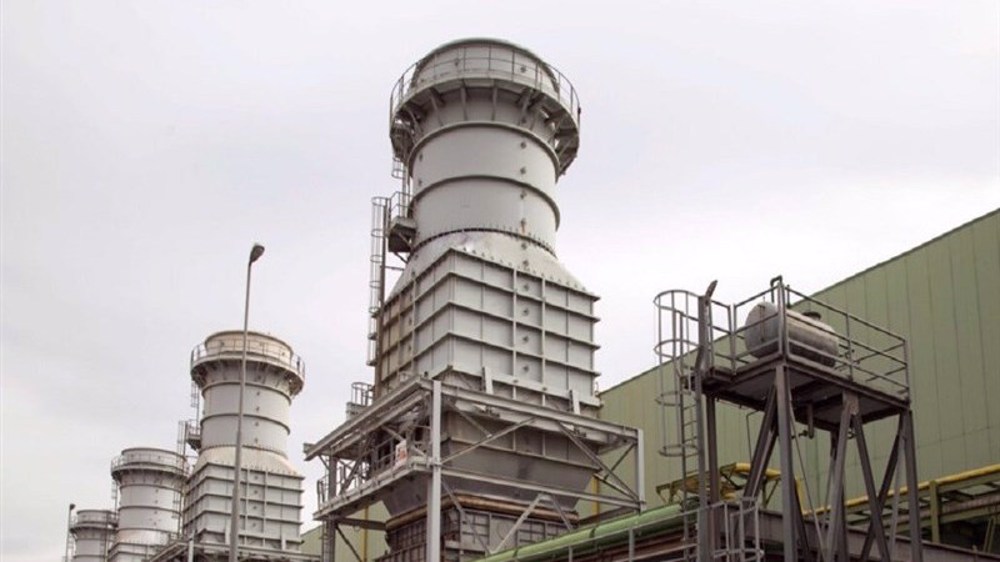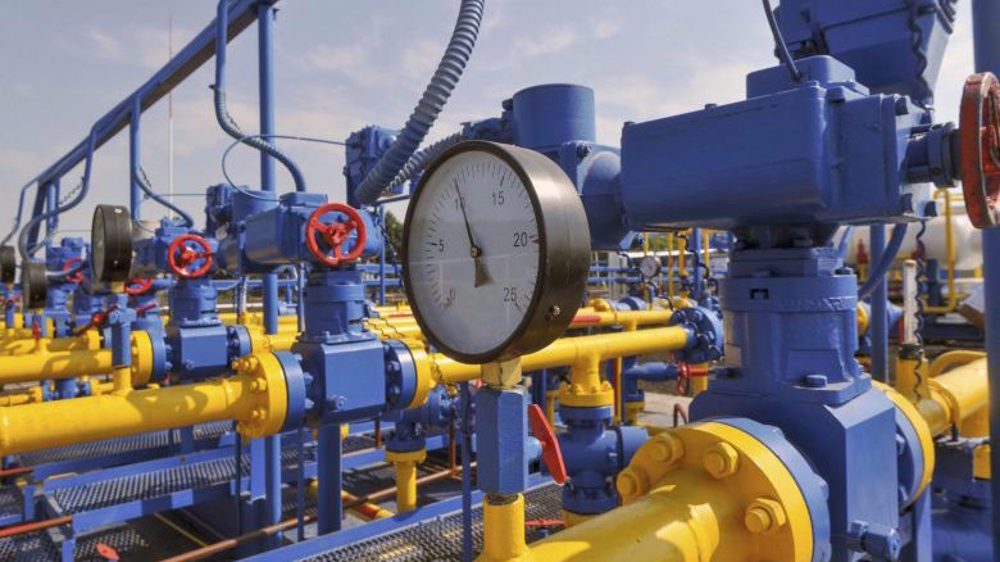US extends waivers for Iraq to import gas, electricity from Iran
Washington has granted Iraq another 90-day waiver to allow it to keep importing gas and electricity from neighboring Iran, which is under tough US sanctions, two Iraqi government sources say.
Speaking on condition of anonymity, one of the sources said on Saturday that the extension came following "long discussions" with Washington ahead of a looming deadline on a previous extension granted in March.
Another source, who also asked not to be named, said the extension was given during a phone call between Iraqi Prime Minister Adil Abdul Mahdi and US Secretary of State Mike Pompeo.
The Associated Press and AFP have reported a 90-day waiver, but Reuters says the waiver has been extended for 120 days, citing an emailed statement by the US Department of State.
“An additional 120-day waiver was granted to allow Iraq to continue to pay for electricity imports from Iran,” the statement read.
The State Department said the United States continued to insist on “diversifying energy imports away from Iran,” however.
The administration of US President Donald Trump said in March it was extending a three-month waiver for the second time to let Iraq continue energy imports from Iran.
The US gave Iraq an initial 45-day waiver to let Baghdad continue buying electricity and natural gas from Iran and extended it by 90 days in December after it reimposed sanctions on the Islamic Republic.
Gas imports from Iran generate as much as 45 percent of Iraq's 14,000 megawatts of electricity consumed daily. Iran transmits another 1,000 megawatts directly, making itself an indispensable energy source for its Arab neighbor.
Iraq and Iran share a 1,400-kilometer-long border. For their run-of-the-mill maintenance, Iraqis depend on Iranian companies for many things from food to machinery, electricity, natural gas, fruits and vegetables.
The Trump administration is pressing Iraq to stop buying natural gas and electricity from Iran, but Baghdad is pushing back against the pressure, The New York Times reported in February.
Trump reimposed unilateral sanctions on Iran's energy and finance sectors in November last year following a decision to withdraw from a landmark 2015 nuclear deal signed between Tehran and six major world powers.
Read more:
VIDEO | Press TV's news headlines
Iranian satellites launched into space as private sector debuts in space industry
VIDEO | Iran, Azerbaijan conduct joint maritime rescue operations
VIDEO | Yemen’s Red Sea divide: Naval forces block Israeli-linked ships in strategic ‘parting of the water’
VIDEO | Southern Gaza: Israel’s facade for famine and suffering
VIDEO | IOF hampering humanitarian aid
VIDEO | Sharmahd: Justice Done
Iran repeatedly warned Israel not to test its will: FM











 This makes it easy to access the Press TV website
This makes it easy to access the Press TV website